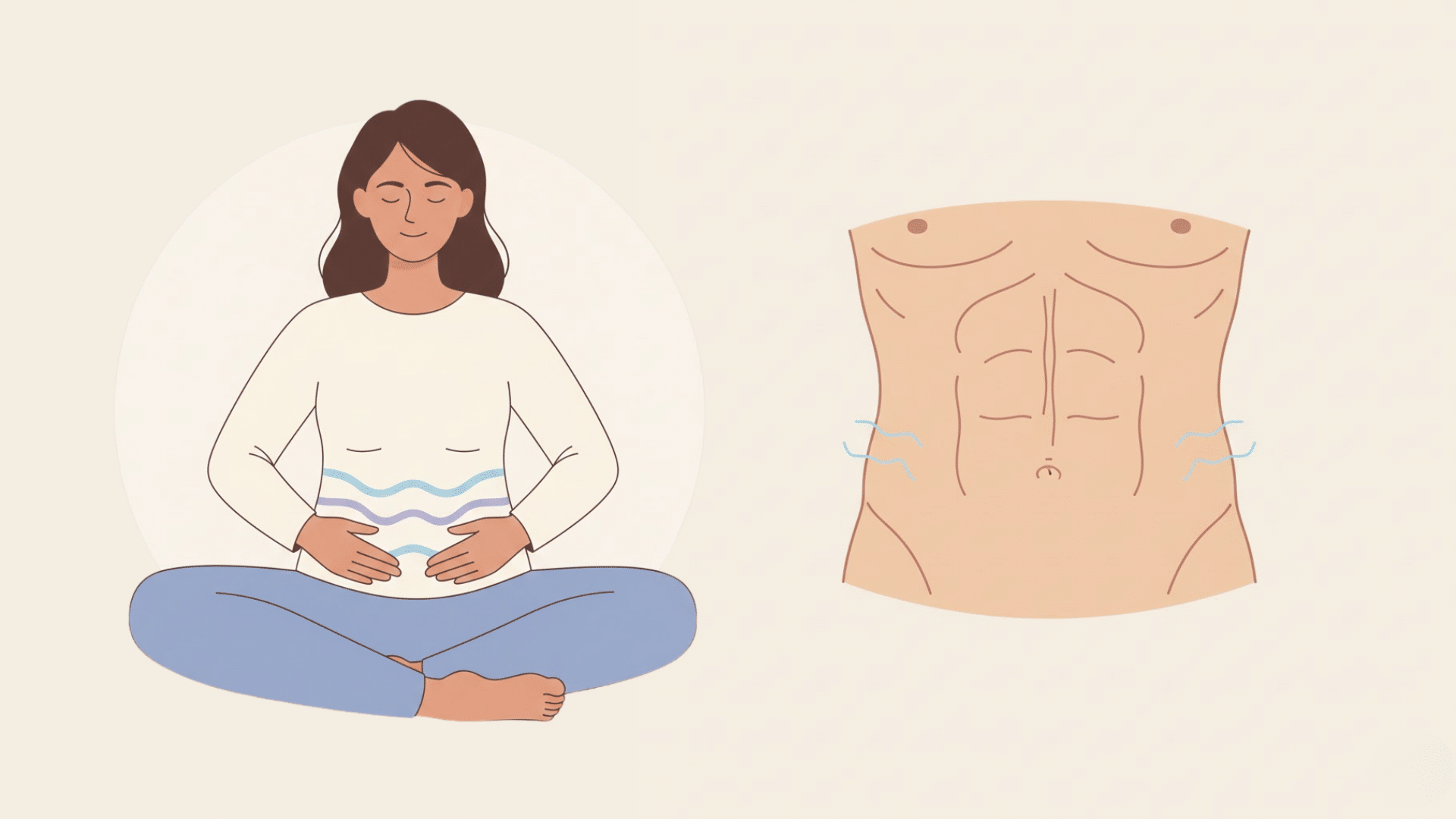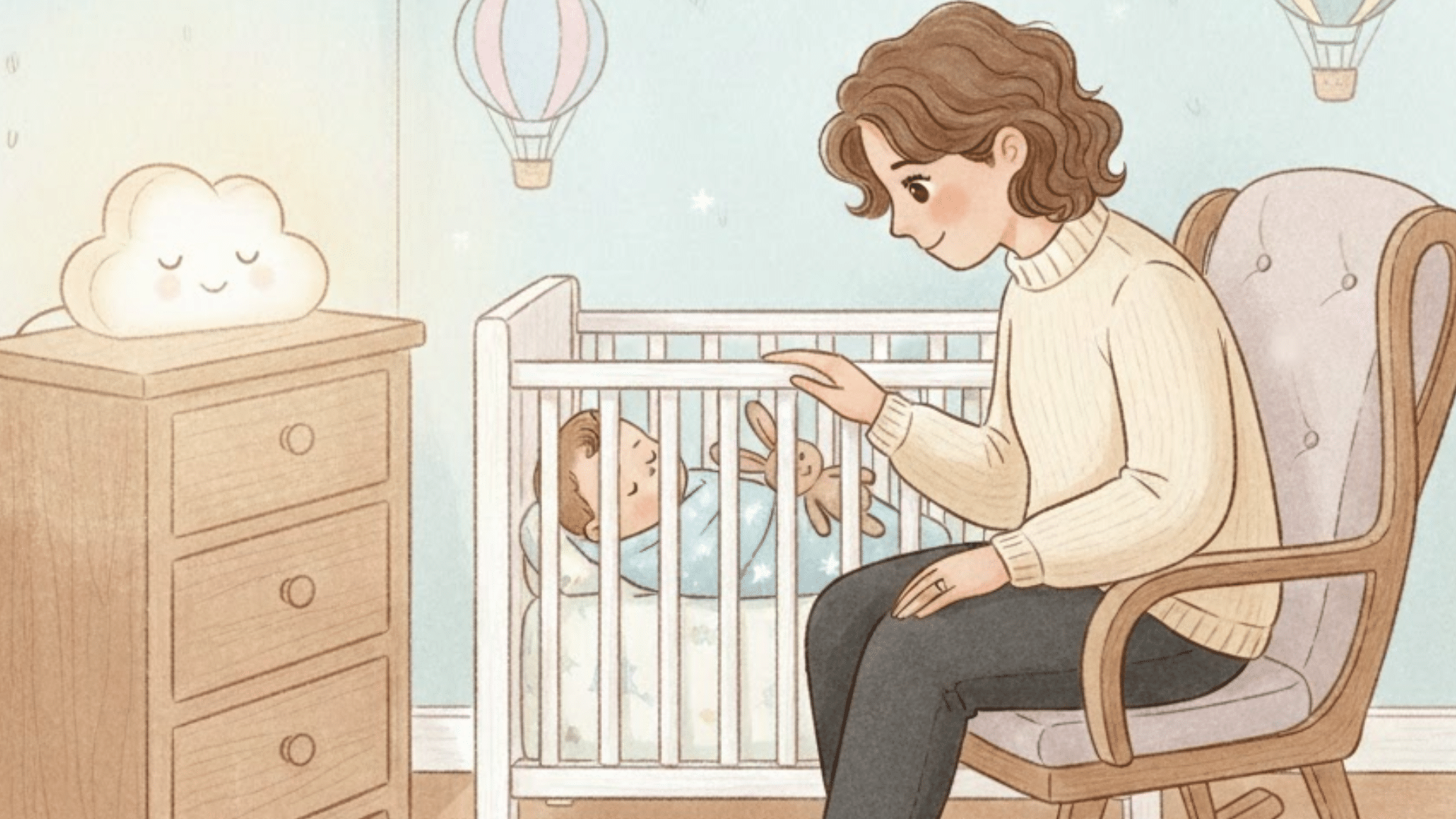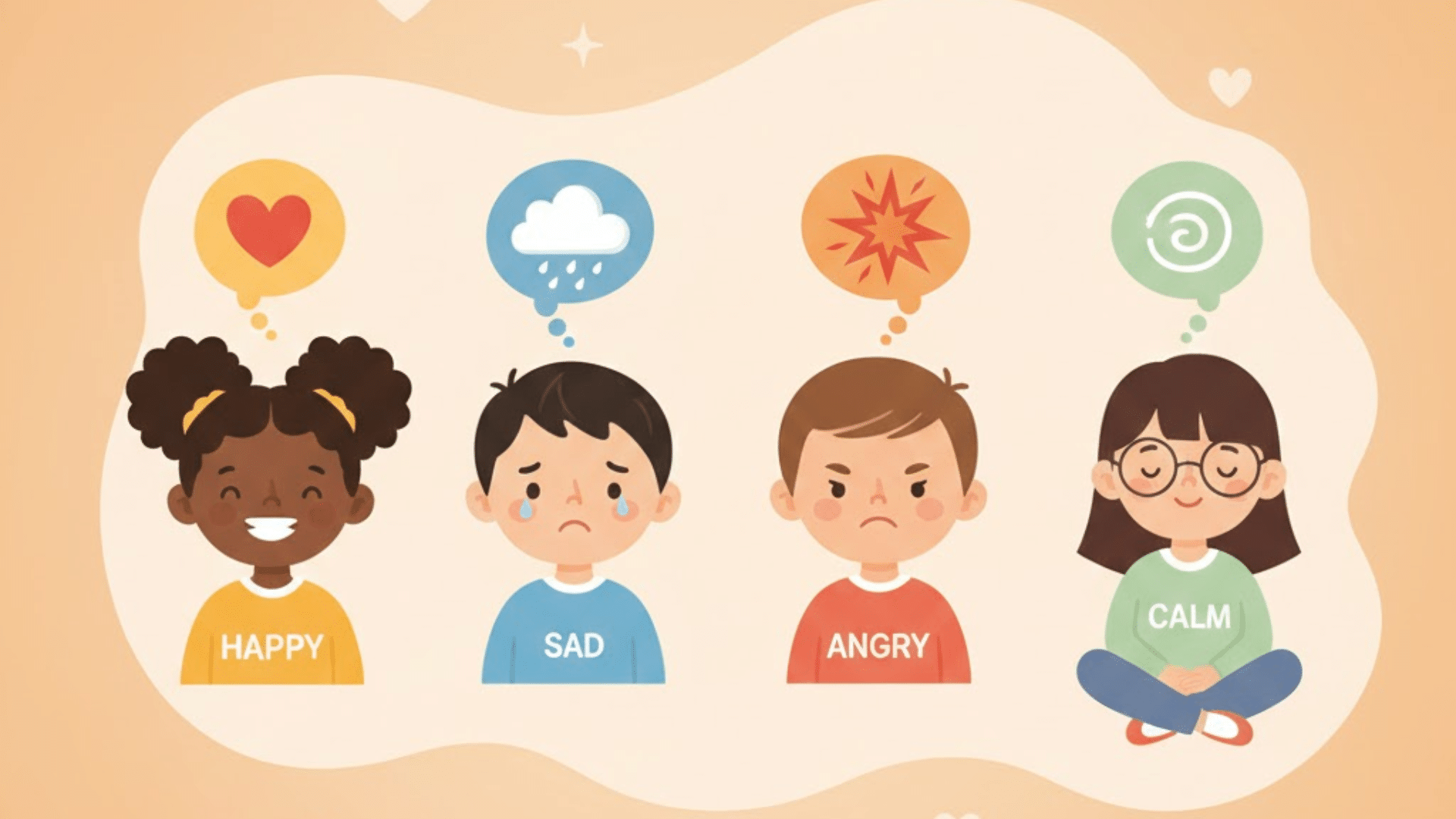RichSingleMomma
Home » Blog
Watching a baby take those first steps is exciting and a little nerve-wracking. Many parents wonder when it should happen and if their child is on track. Babies do not
Most parents wonder when to introduce a sippy cup and how to do it without stress. The advice online can feel confusing, especially when every baby seems different. Some babies
Starting solids is a big step, and it often comes with lots of questions. One of the most common questions parents ask is when babies can eat rice. You may
Teething can bring a lot of changes, and skin rashes are one of them. If you’ve noticed red or bumpy skin around your baby’s mouth, chin, or neck, it can
That soft flutter or twitch in your stomach can feel strange, even when it does not hurt. Many people notice it while resting, after exercise, or during a stressful day.
Bedtime should feel calm, but for many parents, it turns into a daily struggle. One minute your baby looks tired, and the next they are crying, arching their back, or
Big feelings can show up fast for kids. One small problem can turn into tears, yelling, or shutting down. When
Family bonding does not have to mean big trips or perfect plans. Most families just want simple ways to spend
Mental Health Awareness Month is a great time to pause, reflect, and talk openly about mental well-being. But many people
Many parents hear the term pediatric occupational therapy but are not sure what it really means or how it helps.
Related Posts
Brands we work with














